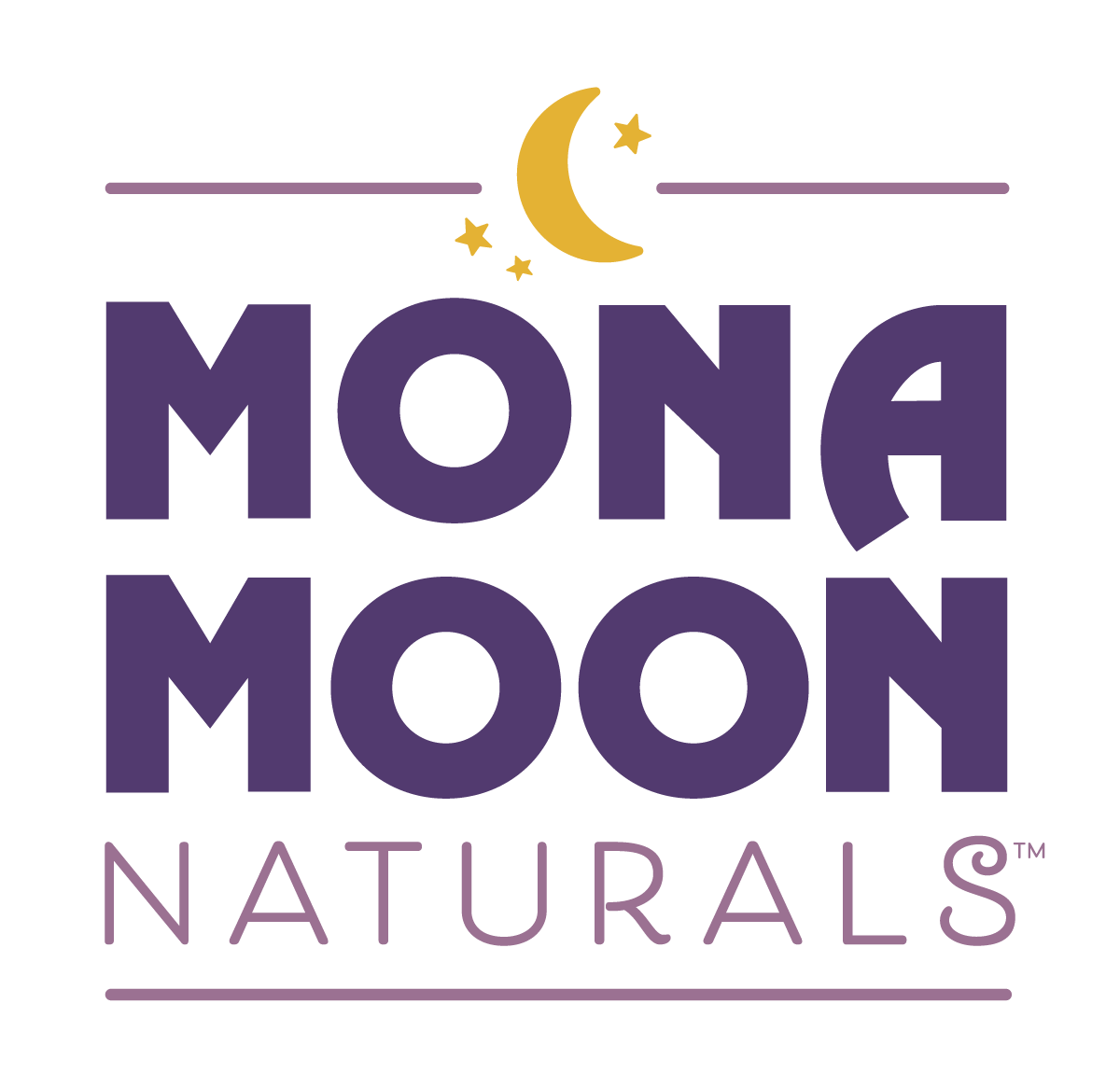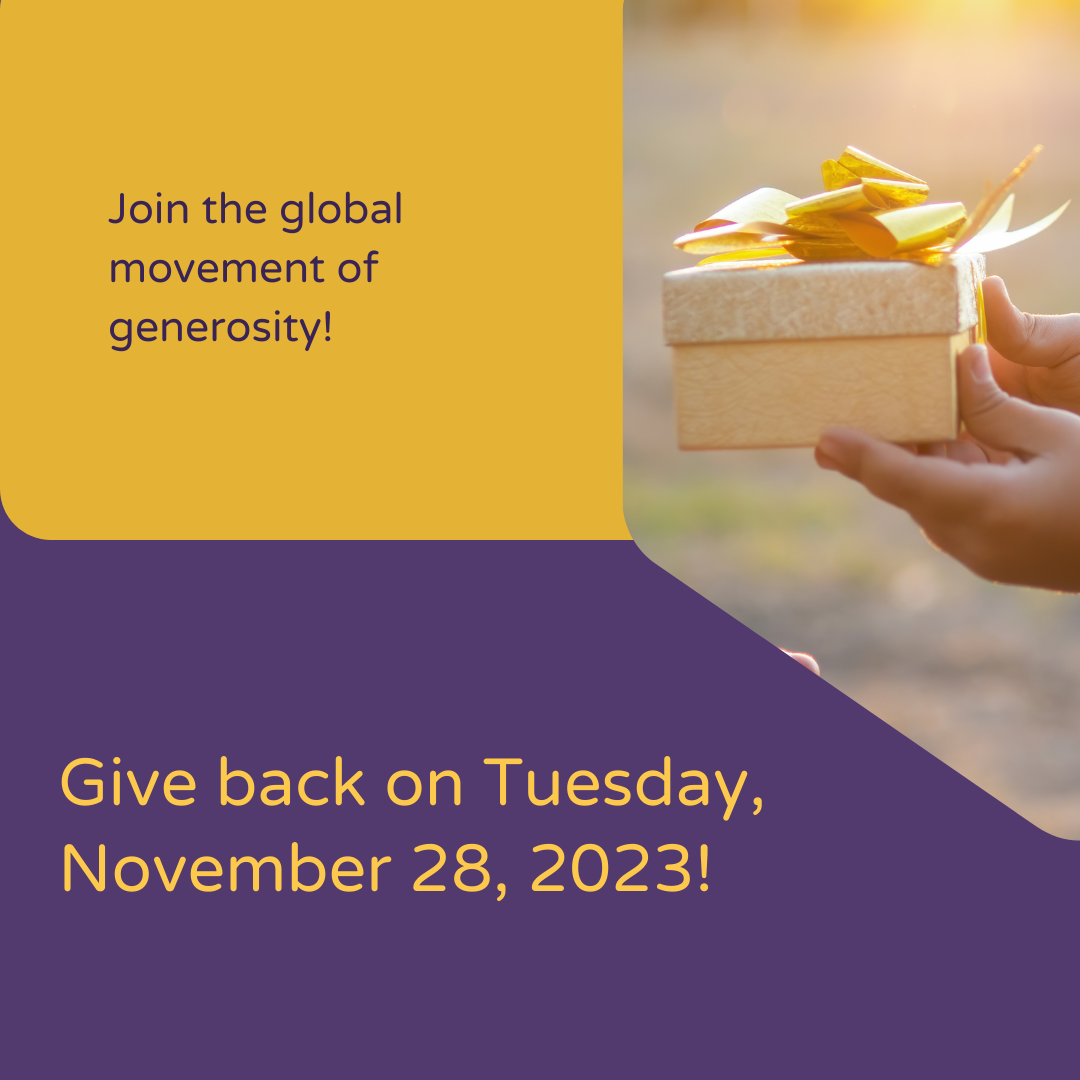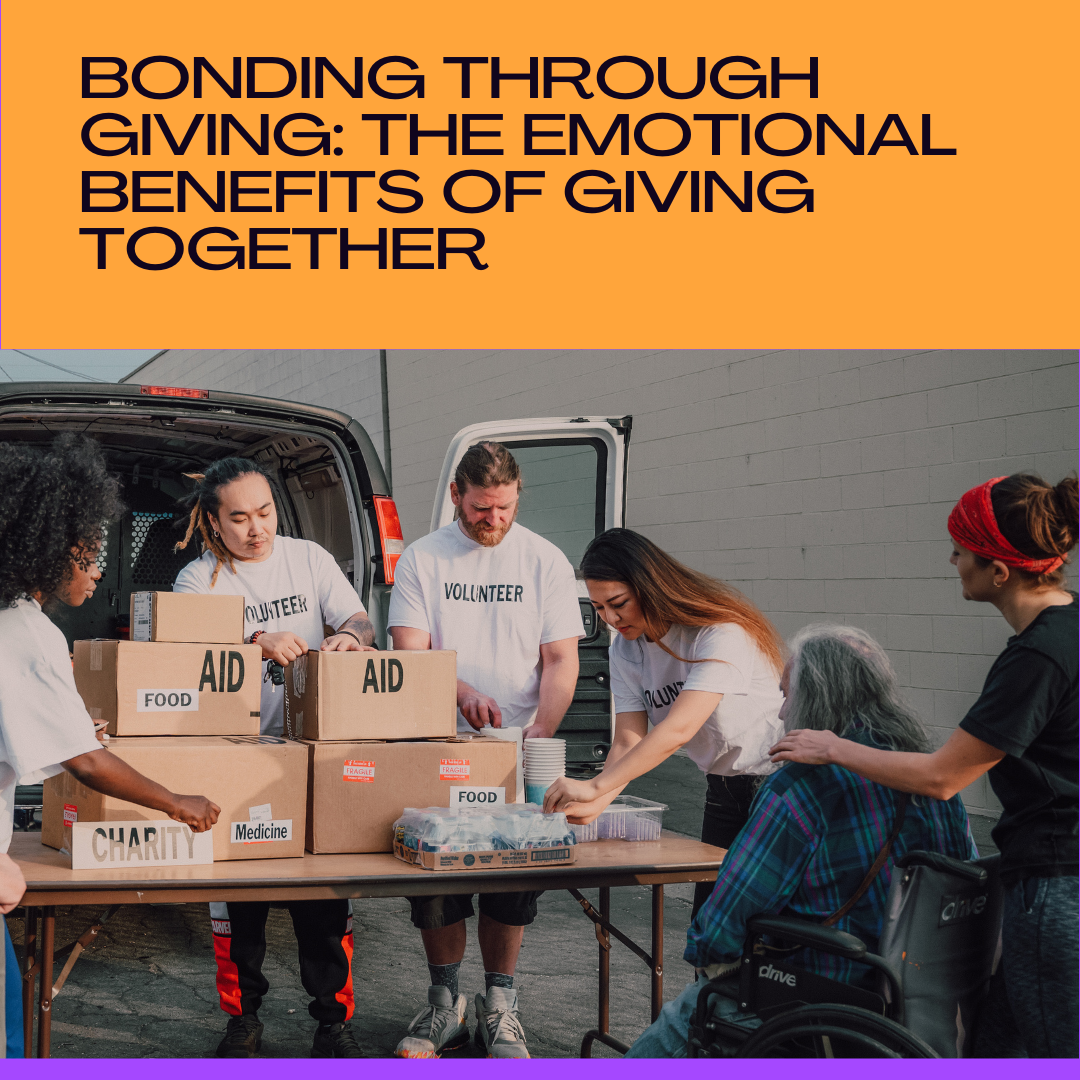Why It Feels Good to Give
Tuesday, November 28 is this year’s National Day of Giving. It’s a day that encourages a very simple concept: to give to those less fortunate. Individuals, businesses, families, schools, and other groups come together and the collective power of giving is valued by both the givers and recipients. If you’re one of those who enjoys giving, you’re not alone. Giving has both emotional and physiological benefits that make us feel good.
Let’s Explore Why It Feels Good to Give
Emotional benefit #1: It creates a sense of purpose and meaning
Whether we give our time, advice, money, or something else of meaning, giving to others gives us something in return: a sense of meaning. If we feel that our actions can make a positive impact on someone else’s life, it can give us a greater sense of fulfillment.
Emotional benefit #2: It can make us happier
Giving is considered a prosocial behavior, and several studies suggest that this type of behavior is linked to increased levels of happiness. Why? Well, it’s science. Acts of kindness trigger the release of neurotransmitters like dopamine and endorphins, which are associated with pleasure and reward.
Emotional benefit #3: Giving can create new social bonds
Depending on the way in which you give, it can foster social connections and even strengthen relationships. When you give to others, it often creates a positive feedback loop, deepening your social bonds and creating a sense of community which is great for our emotional and social health.
Physiological benefit #1: It can lower our blood pressure
Let’s revisit PROSOCIAL behavior! Do you know that engaging in prosocial behavior, like giving, is associated with lower blood pressure? Positive emotions and reduced stress, both associated with giving, may contribute to our overall cardiovascular health.
Physiological benefit #2: Chemicals!
Giving has been linked to releasing chemicals in our body including dopamine and endorphins that make us feel happier. Giving also releases hormones such as oxytocin, often referred to as the "love hormone" or "bonding hormone." It provides a sense of tranquility and peace. Oxytocin is associated with social bonding, trust, and positive social interactions.
A Few Ways to Elevate the Happiness Vibe
The way in which we give makes a difference in the amount of happiness we feel. If we feel obligated to give, we don’t get as much out compared to when we feel as though we’re giving by choice. When we are able to give and understand how our contribution will make a difference, as opposed to just giving without any regard for exactly how or who it will help, we will enjoy greater benefits in terms of happiness.
Some argue that giving should be done because it’s the right thing to do, and how the “giver” feels as a result of it is irrelevant. But imagine how many more people would give or perhaps how many would give more often if giving was done in a way that maximized the release of the “feel good” hormones. What a win/win that would be.



